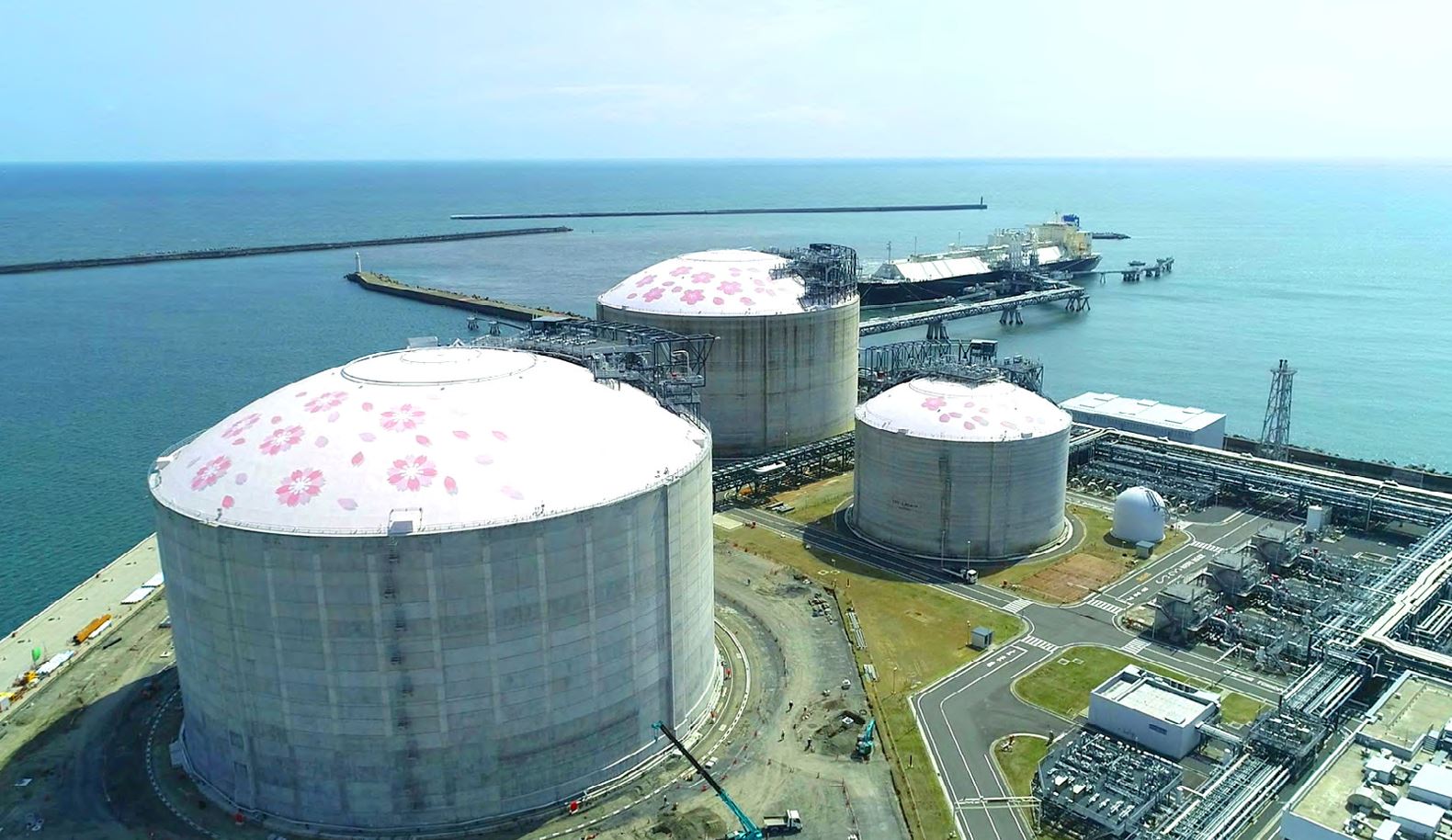Japan, the world’s top liquefied natural gas importer, reported lower LNG imports in February when compared to the same month last year.
According to the provisional data released by the country’s Ministry of Finance, Japan’s LNG imports dropped by 9.9 percent year-on-year in February to about 6.40 million tonnes.
LNG imports also dropped when compared to 6.82 million tonnes in the previous month.
Japan’s coal imports for power generation rose slightly in February when compared to the last year.
Coal imports were up by 1.4 percent to 9.49 million tonnes, and Japan paid about $3.36 billion for these imports, a rise of 106 percent when compared to the last year, the data shows.
LNG import bill up 12.8 percent
According to the preliminary data, the February LNG import bill of about $5.73 billion increased by 12.8 percent when compared to the same month last year.
State-run Japan Oil, Gas and Metals National Corp (JOGMEC) did not publish both the contract-based and the arrival-based spot LNG price in January and February as there were less than two companies that imported spot LNG.
The average price of spot LNG cargoes for delivery to Japan contracted in December was $30.8 per mmBtu.
However, spot LNG prices dropped considerably this year.
The JKM LNG price for April settled at $14.168 per mmBtu on Wednesday.
Russian, US LNG deliveries drop
As per LNG shipments going to Japan in February, deliveries from Asia from countries such as Malaysia and Indonesia decreased by 2.1 percent to 1.80 million tonnes, the ministry’s data shows.
Middle East LNG shipments from countries such Qatar dropped by 41 percent to 504,000 tonnes.
Moreover, shipments from Russia decreased by 20 percent to 522,000 tonnes, while US deliveries dropped by 18.7 percent to 334,000 tonnes.
World’s largest LNG importer
Japan was the world’s top LNG importer in 2022, overtaking China, but both of the countries took fewer volumes when compared to the year before.
China overtook Japan as the world’s top LNG importing country in 2021 due to rising demand from the power generation and industrial sectors.
However, Covid-19 lockdowns and high prices curbed demand for LNG in China and the country received about 63.44 million tonnes of LNG last year, down 19.5 percent when compared to the year before, according to data from the General Administration of Customs.
Japan’s LNG imports decreased by 3.1 percent year-on-year in 2022 to about 71.99 million tonnes.
Despite the drop, Japan took some 8.55 million tonnes more than China last year.
China is yet to release the official data for LNG imports in February, but the country’s overall natural gas imports, including pipeline gas and LNG, dropped by 9.4 percent in January-February to 17.93 million tonnes.

